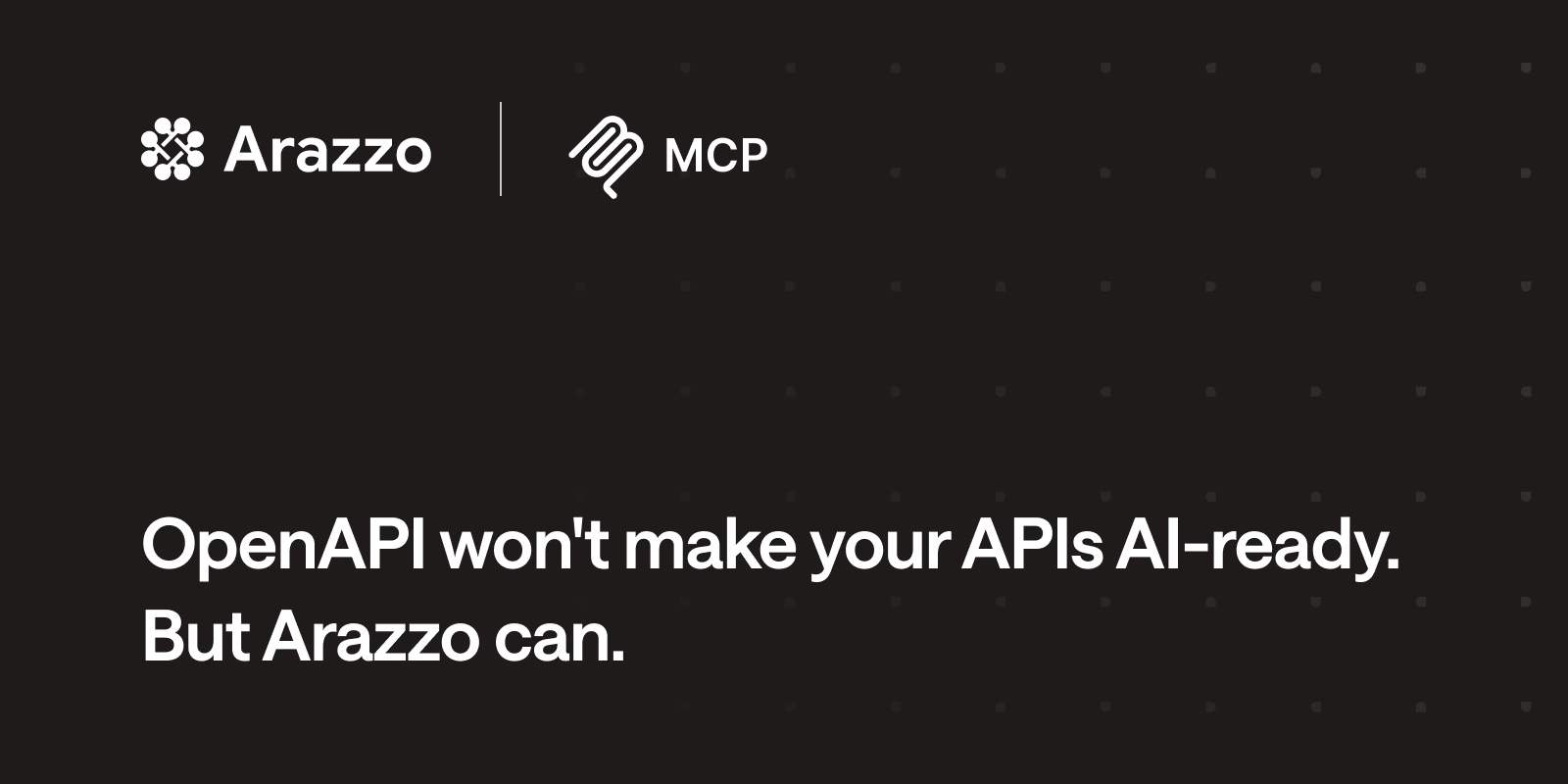In No Silver Bullet, Fred Brooks argues that the hard part of software engineering lies in essential complexity - understanding, specifying, and modeling the problem space - while accidental complexity like tool limitations is secondary. His point was that no tool or methodology would "magically" eliminate the difficulty of software development because the core challenge is conceptual, not syntactic.
Fast forward to today: there's a lot of talk about AI agents replacing engineers by writing entire codebases from natural language prompts. But that seems to assume the specification problem is somehow solved or simplified. In reality, turning vague ideas into detailed, robust systems still feels like the core job of engineers.
If someone provides detailed specs and iteratively works with an AI to build software, aren’t they just using AI to eliminate accidental complexity—like how we moved from assembly to high-level languages? That doesn’t replace engineers; it boosts our productivity. If anything, it should increase opportunities by lowering the cost of iteration and scaling our impact.
So how do we reconcile this? If an agent writes a product from a prompt, that only works because someone else has already fully specified the system—implicitly or explicitly. And if we’re just using AI to replicate existing products, then we’re not solving technical problems anymore; we’re just competing on distribution or cost. That’s not an engineering disruption—it’s a business one.
What am I missing here?
.png)



